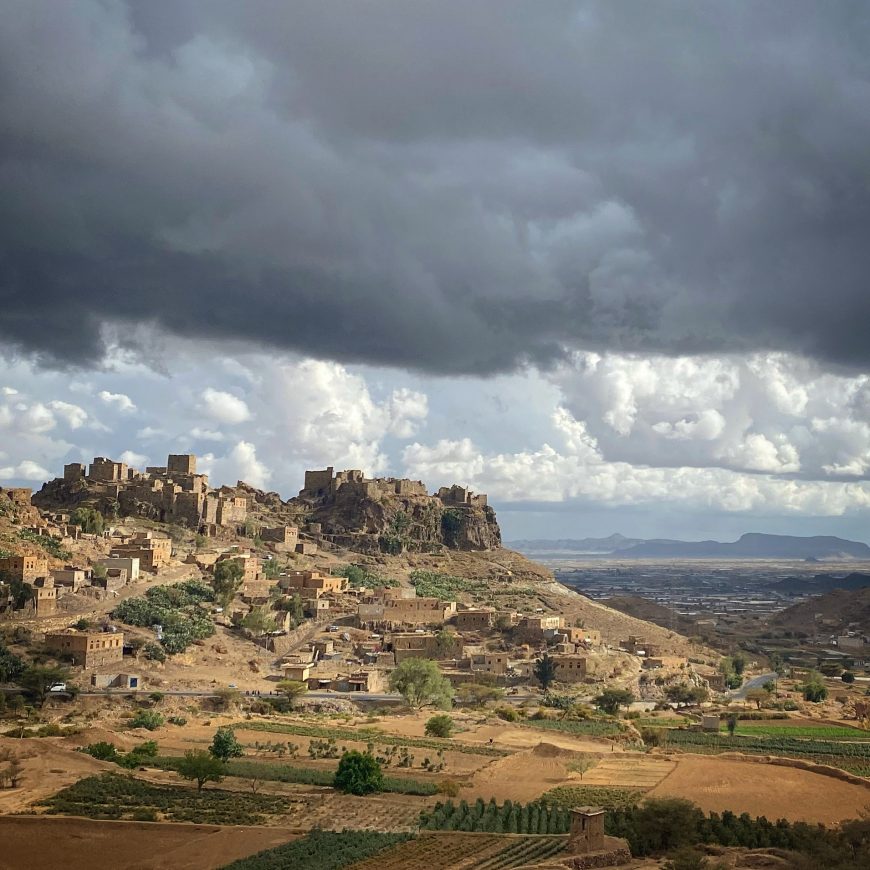In recent years and due to its relative safety and stability, Dhamar has experienced a significant influx of displaced people from surrounding areas, putting a serious strain on local services and resources.
Through a two-day visit, ACTED, national and local authorities discussed the key challenges raised by this increased demand, and jointly visited a number of hospitals, water points and communities which required support.

Local medical services struggling to absorb extra demand
Through a visit to Dhamar General Hospital, we witnessed first-hand the challenges created by the 50% increase in demand for critical medical services; outpatient, maternity and emergency treatment were specifically highlighted as areas of concern. Skilled medical staff are striving to provide the best care possible, yet infrastructural investments in buildings, water, sanitation and medical equipment and services would provide essential support to cope with dramatically increased patient intake.
In response to recent fears over the spread of the coronavirus, ACTED also visited a quarantine centre in Maabar, which is well placed to respond should cases emerge, with authorities ensuring that medical teams are available at all hours.

Local water points in need of repair
Through site visits to various water points, both for domestic and agricultural use, critical needs are clear in ensuring access to safe, clean drinking water to IDP and host community households alike. Investing in existing water points and systems can support abundant agricultural production in the area, which in turn populates the local markets with fresh produce to support an expanded population.
Displaced communities dispersed across areas
ACTED also accompanied national and local authority staff in visits to displaced communities, both in more formal settlements and also those living within host communities. Discussion began on potential options for such displaced households who face a range of issues to return home. Through continued collaboration, and more detailed technical and site assessments, ACTED and partners will develop more detailed plans to comprehensively respond to needs, whilst supporting and enhancing local service delivery. This way, temporary fixes can be replaced with durable solutions.

Senior authority members highlight serious needs
ACTED was privileged to conduct the trip in conjunction with the Secretary General of the Supreme Council for the Management and Coordination of Humanitarian Affairs, Abdul Mohsen Tawoos, and the acting Governor of Dhamar, Mujahid Shayef al-Ansi, as well as other senior officials. This high-level representation allowed for detailed insights into the specific, priority needs of displacement-affected communities, as well as existing but under-resourced plans to respond to these needs. ACTED’s project, funded by the EU and implemented in collaboration with CARE, DRC, IRC, NRC and Search for Common Ground, will look to build on these existing plans to enhance the sustainability of the intervention.